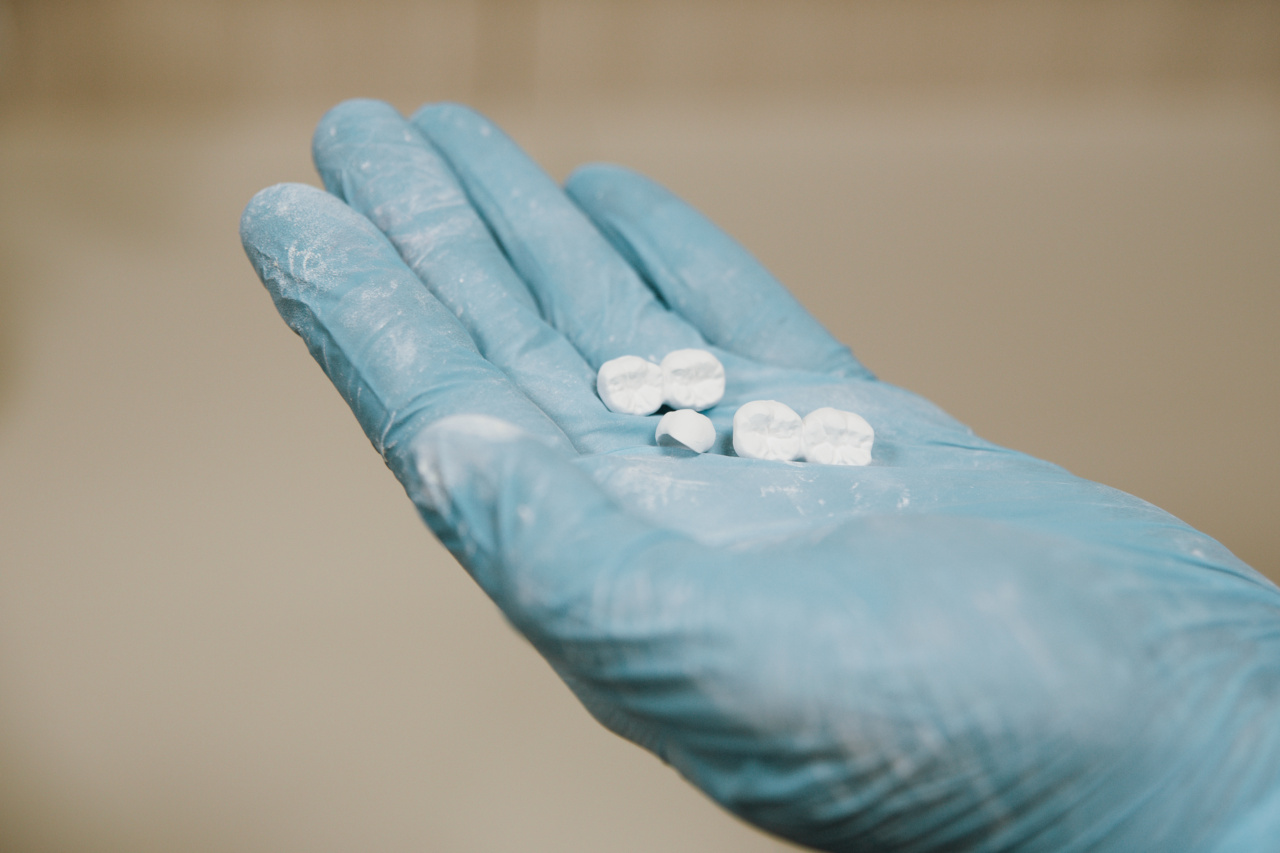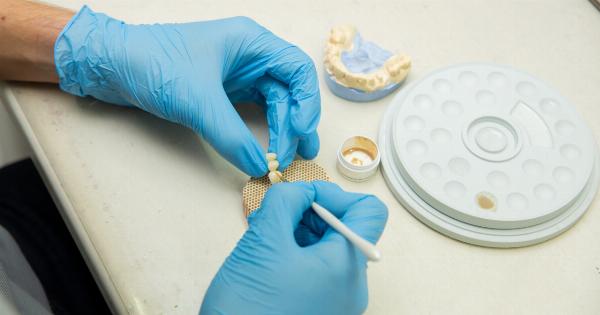Dental implants refer to replacement teeth that make use of artificial roots that are inserted into the jawbone to anchor the tooth onto the gums.
The procedure is performed by a dental surgeon or dentist in several consultations spread over a few months or weeks, depending on the complexity of the implant. The integration of the implant with the bone is critical to the success of the procedure, and any interference with this process could jeopardize the outcome.
Certain medicines can have a significant effect on the stay of dental implants in the body, and it is essential to understand how they interfere with the bone-healing process.
Medicines that affect dental implant integration
The use of certain medicines can have an effect on the integration of dental implants in the body. Such drugs can either accelerate or slow down the process, and in some cases, lead to implant failure.
Here are examples of medications that can affect the stay of the implant in the body:.
Hormonal medication
Hormonal imbalances can negatively affect the quality of bone, especially in women going through menopause or those who have undergone certain cancer treatments.
The use of hormonal medication can help mitigate the declining bone density, but it can also affect the integration of dental implants. A study conducted by the Journal of Oral Maxillofacial Surgery found that women undergoing hormonal replacement therapy had an increased risk of implant failure than those who didn’t undergo the treatment.
Hormonal therapy interferes with the bone turnover and remodeling process, inhibiting proper healing of the implant.
Oral bisphosphonates
Bisphosphonates are a class of drugs used to treat osteoporosis, a common condition that weakens bones and reduces bone density.
The use of oral bisphosphonates can interfere with the integration of dental implants due to their impact on osteoclasts, the cells responsible for bone remodeling. Studies have shown that taking bisphosphonates can lead to impaired bone healing, an increased risk of implant failure, and slow integration of the implant with the bone.
Corticosteroids
Corticosteroids are medications commonly used to treat inflammation and autoimmune diseases such as asthma, arthritis, and lupus.
Despite their efficacy, long-term use of corticosteroids can lead to a host of side effects, among which is a reduction in bone density. The net effect is slower and reduced bone healing, which can affect the integration of dental implants.
A study conducted in 2017 found that patients receiving corticosteroids had a 15% higher risk of implant failure than those who didn’t use the medication.
Anticoagulants
Anticoagulants are medications used to prevent blood clots, which can lead to serious conditions such as stroke, pulmonary embolism, and deep vein thrombosis.
While they are essential in managing such conditions, anticoagulants can affect the integration process of dental implants by reducing the capacity for blood clotting, which is critical in the healing of the bone. Excessive bleeding around the implant can also lead to a higher risk of infection, which can compromise the implantation process.
Non-steroidal anti-inflammatory drugs (NSAIDs)
NSAIDs such as aspirin, Ibuprofen, and Naproxen are commonly used to treat pain and inflammation. However, they are known to affect bone healing, which can compromise the integration of dental implants.
NSAIDs act on the cyclooxygenase enzyme (COX), which plays a crucial role in the bone-healing process. Inhibition of COX leads to reduced bone formation causing a delay in bone healing and, in extreme cases, implant failure.
Chemotherapy drugs
Chemotherapy drugs used to treat cancer patients can have an effect on bone density leading to weakened bones and poor healing. The bone-healing process is critical in the integration of dental implants, and any interference can lead to implant failure.
Chemotherapy drugs can also increase the risk of infection, another factor that can compromise integration.
Conclusion
The success of dental implants relies on proper bone healing and integration of the implant with the jawbone. The use of certain medications can interfere with the bone-remodeling process, leading to delayed or incomplete bone integration.
Hormonal medication, oral bisphosphonates, corticosteroids, anticoagulants, NSAIDs, and chemotherapy drugs are some examples of drugs that can affect the stay of dental implants in the body. It is critical to inform your surgeon or provider about the medications you are currently taking to minimize the risk of implant failure and ensure a successful outcome.





























